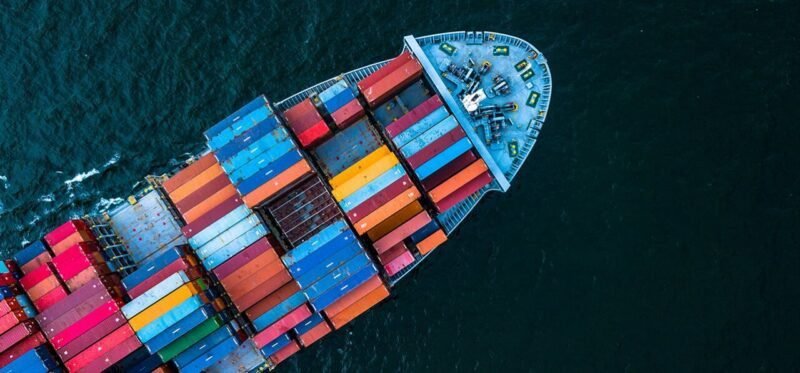The Fuel EU Maritime Regulation (FEMREG) aims to promote the use of renewable and low-carbon fuels in the shipping industry. As part of the EU’s Fit for 55 Package, FEMREG targets a reduction of greenhouse gas intensity in energy used by ships above 5,000 GT by at least 55% by 2030 compared to 1990 levels. This regulation is designed to work alongside the EU Emissions Trading Scheme for maritime, which became effective on January 1, 2024.
FEMREG imposes obligations and compliance deadlines on shipping companies. It applies to passenger and cargo ships above 5000GT that enter and remain in EU ports, focusing on energy consumption while the ship is docked. By August 31, 2024, shipping companies must submit a FEMREG monitoring plan to a verifier. To assist with compliance, a checklist outlining essential preparations and timelines for both EU ETS and FEMREG can be downloaded after registration.
In order to meet environmental goals and reduce carbon emissions in the maritime sector, the EU has introduced the Fuel EU Maritime Regulation (FEMREG). This regulation is a key component of the Fit for 55 Package, which aims to significantly decrease the greenhouse gas intensity of energy used by larger ships by 2030. Shipping companies operating vessels above 5000GT are required to comply with FEMREG, which includes submitting a monitoring plan to a verifier by August 31, 2024. To ensure smooth adherence to both FEMREG and the EU Emissions Trading Scheme for maritime, a comprehensive checklist detailing necessary preparations and deadlines is available for download upon registration.







